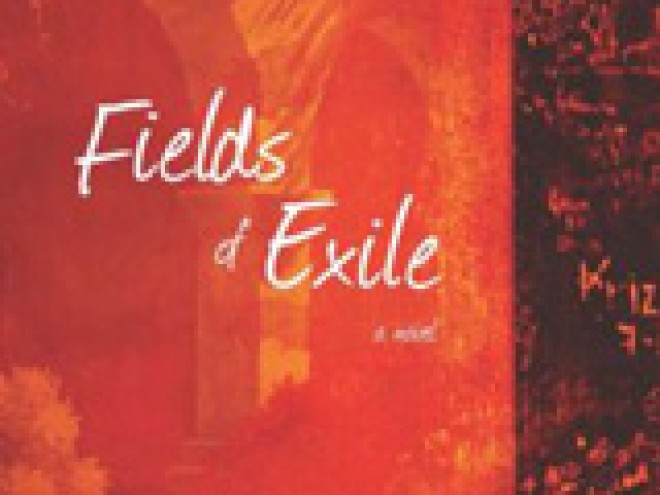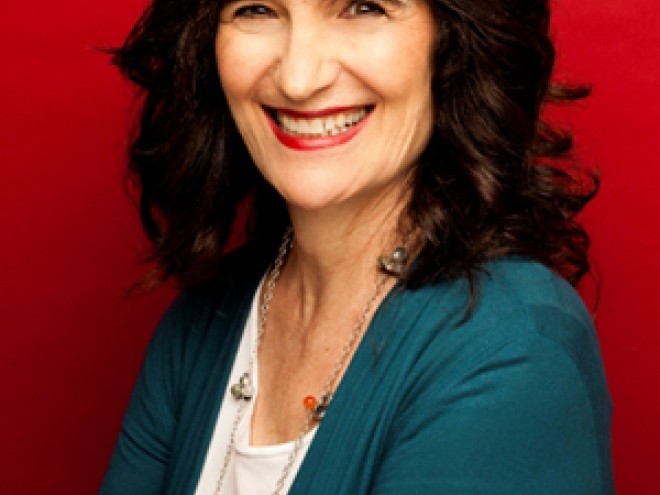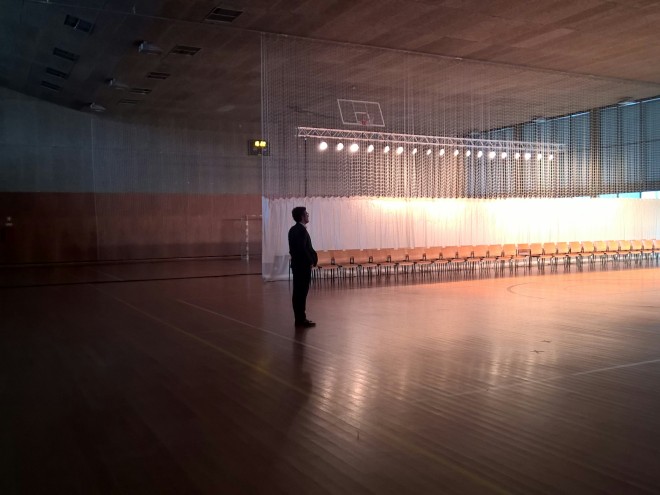Nora Gold’s latest book, The Dead Man, follows the story of a composer of Jewish sacred music and a music therapist with an unconquerable obsession. Nora is blogging here all week as part of the Visiting Scribe series on The ProsenPeople.
What is it about music? It can affect us like nothing else in the world. It has the power to move us to tears, fill us with joy, or set our fingers tapping and our legs dancing. In his book Musicophilia, Oliver Sacks shows that music can animate people with Parkinson’s disease who cannot otherwise move, give words to stroke patients who cannot otherwise speak, and calm and organize people whose memories are ravaged by Alzheimer’s or amnesia: “Listening to music is not just auditory and emotional, it is motoric as well: ‘We listen to music with our muscles,’ as Nietzsche said.”
 I have always loved music and it has always been an important part of my life. So perhaps it is no coincidence that my new novel, The Dead Man, is about a woman who is a composer of Jewish sacred music and also a music therapist.
I have always loved music and it has always been an important part of my life. So perhaps it is no coincidence that my new novel, The Dead Man, is about a woman who is a composer of Jewish sacred music and also a music therapist.
I did not grow up with Jewish music. I heard the shofar once a year at shul, and on the holidays we sang a few songs, but mainly the music I heard at home was classical. Jewish music is something I discovered on my own in adolescence, and I’ve been hooked on it ever since.
I have heard Jewish music from most Jewish traditions and genres, and I love almost every kind. The type I listen to the most, though, is Jewish-themed art (or classical) music. I first encountered this sort of music as a young adult after I moved to Toronto, the home of the composer, Srul Irving Glick. His music blew me away. I didn’t know anything like this existed and it opened up a whole world to me. I’d been familiar, of course, with the music of Mendelssohn, and I knew he was Jewish. But just as not all fiction authored by Jews is Jewish fiction, not all music written by Jewish composers is Jewish music. So Glick’s music was a revelation for me. Not surprisingly, perhaps, Glick’s music shows up in my novel, including his brilliant “Music for Passover,” parts of which my family sang a few weeks ago at our Passover seder.
Another composer whose work I love is Salamone Rossi, the extraordinary sixteenth-century Italian composer who wrote the first Jewish-themed classical music. I was introduced to Rossi at a concert performed by the Jewish choir Lachan. That concert offered a chronological sampling of Jewish choral music, one piece per century, starting with Rossi. I was so bowled over by this piece by him that I didn’t hear anything the choir sang after that. Needless to say, Rossi’s music — like Glick’s — makes an appearance in The Dead Man.
Music can serve many functions: emotional, social, and cultural. Jewish music not only gives us Jews pleasure and catharsis; it plays a role in binding us together as a community. Singing with other people, for example, is a transformative experience, communally and individually. I can’t even imagine contemporary Jewish life without music in it — at shul, at home, with friends. In my view, nothing could be more conducive to community- and identity-building than music.
Furthermore, Jewish music binds us to our shared historical past: one project I’m very excited about, for example, is the ARC Ensemble’s “Music in Exile” initiative, where they research, unearth, perform, and record the suppressed music of Jewish composers who were forced to flee Germany in the 1930s. Their work is an immeasurably precious gift to our people, restoring to us a missing piece from our musical past.
As for our musical future, what lies ahead for Jewish music? A few weeks ago I saw Steve Reich in concert and heard the performance of his masterpiece, Tehillim. This was a remarkable experience, and not necessarily an easy one: it challenged some of my most basic assumptions about music. Reich, an observant Jew, has pushed the boundaries of Jewish music, and music in general, quite a few inches, or maybe even miles, from where it was before. His Tehillim is different Jewish music from anything you’ve ever heard.
How exciting it is! I cannot wait to see what happens next with Jewish music.
Nora Gold is the author of The Dead Man, Fields of Exile, and Marrow and Other Stories. She is the editor of the online journal JewishFiction.net and the Writer-in-Residence at the Centre for Women’s Studies of OISE/University of Toronto.
Related Content:
- Tamar Barzel: A Jewish Music Koan: What is the Sound of a Klezmer Band Not Playing?
- Allegra Goodman: World Artists
- Janice Steinberg: Hearing the Women’s Songs — in Torah and in “The Big Sleep”
Dr. Nora Gold is the prize-winning author of five books and the founder and editor of the prestigious literary journal Jewish Fiction.net. Her books have won both The Canadian Jewish Literary Award and The Vine Canadian Jewish Book Award, and her writing has been praised by Alice Munro, Cynthia Ozick, and Dara Horn.




